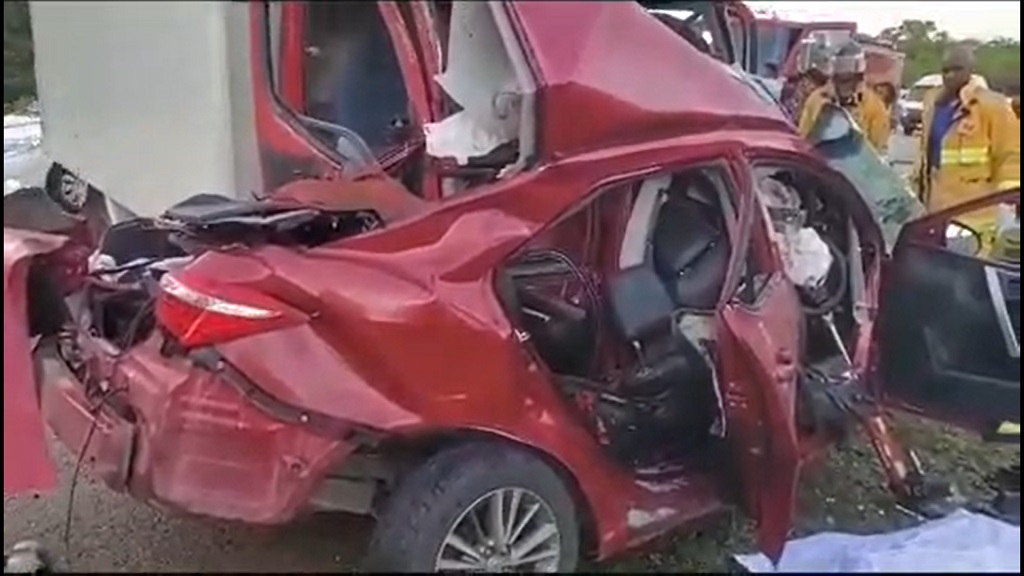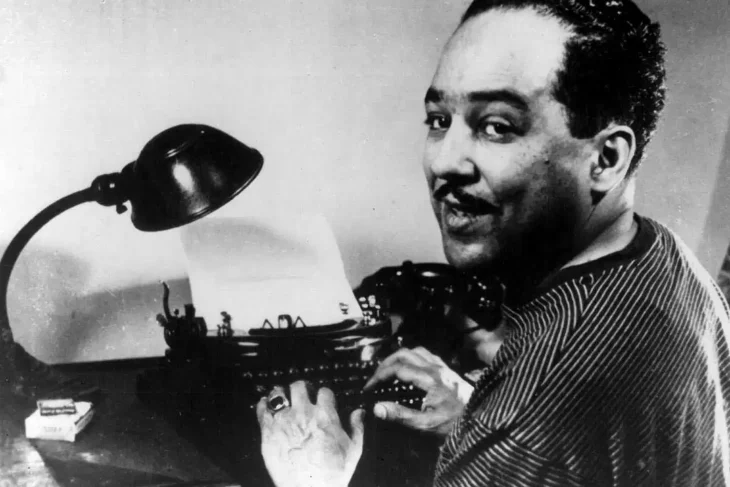
Some years ago, I spoke to a pair of young men who were soliciting funds on Trafalgar Road in Kingston. The younger one had no hands, arms, feet, or legs and he was in a wheelchair being pushed by the other. My heart went out to the wheelchair-bound gentleman. I tried to imagine how one survives when you find yourself in a situation like that.
That’s really when I started to appreciate the little things, we take for granted, like feet and fingers! When I inquired how he had received such severe injury, he told me he was in a car accident. The car he was in went over a gully.
I guess that is one reason why when I hear the Road Safety Council always harping only on the death toll from road crashes, I find it so annoying! For in all their ads that I have heard, they never seem to take serious injuries (which I suspect are far more prevalent than deaths in car accidents,) into consideration when warning about the need to drive carefully!
Can you believe, too, that while there is a horde of statistics on road accidents and the death rate, they have no facts or figures on serious injuries (At least I couldn’t find any!)
I am back on this topic because I just heard another radio ad advising drivers how to avoid death on the roads. For death has always been their mantra over the decades I have been hearing their ads. Could it be because I am one of the weird people in the world who doesn’t think death is worse than serious incapacitating injury, why no ad warning me of possible death could influence me one bit to take my foot off the accelerator?
Really, how many of you would rather be totally incapacitated than dead? (This is my idea of an informal poll on the issue!)
In my book, if the Road Safety Council wants to encourage safer driving, it should be widening the scope of its ads instead of forever harping only about death.
Or is it that the council does not know that death is inevitable?
Why doesn’t the council encourage motorists to think seriously about the possibility of having to spend the rest of their long lives totally dependent on others to do the most basic things?
Worse yet, if one is not born a millionaire, how well or long can you survive without being able to support oneself if one is seriously injured in an accident.
Interestingly, I wrote the above on the 10th June. When I took up my Sunday Observer (16/6) I noticed an article entitled “I’ve never been the same, Survivors share long-lasting impacts of road crashes” written by Kelsey Thomas.
Big up Kelsey, as I have also often wondered why no working journalist has ever investigated and highlighted the terrible situation in which the injured are left.
For this article, Thomas interviewed only two persons, but I think if more drivers and road users in general read it, it would give them an idea of the physical and mental repercussions that remain when one is injured for life.
I hope someone who coordinates advertising programmes for the Road Safety Council reads it and gets the point that while death is final and inevitable for all, a life of suffering isn’t!
It’s time the Road Safety Council starts thinking outside of the box!



